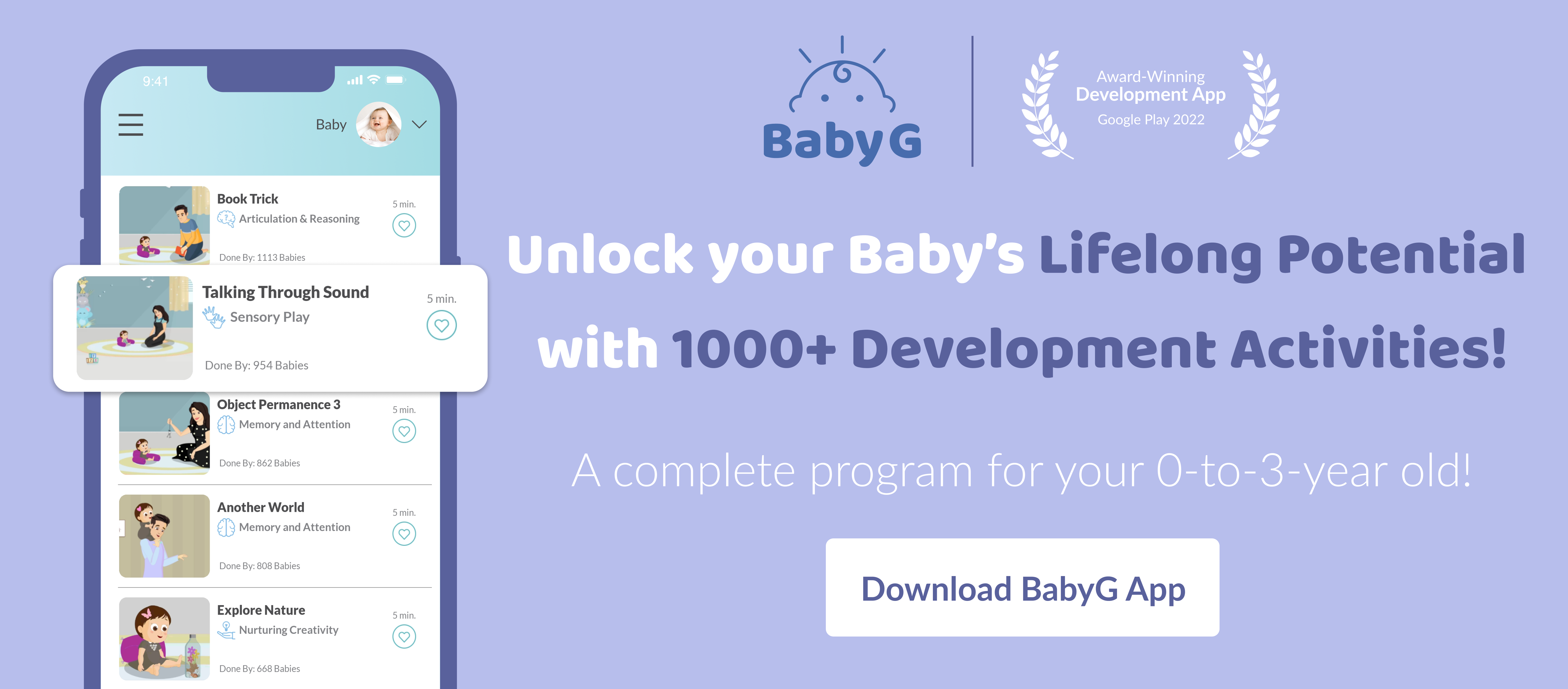
When do babies start teething at 2 months?
The biological process of teething occurs when a baby's teeth start to sprout through the gums. The lower front teeth (central incisors), often known as baby teeth or deciduous teeth, typically erupt in a particular order throughout the eruption process of primary teeth. The timing of teething might change from child to child, though.
According to research, human primary dentition development starts at the end of the fifth week of pregnancy. Depending on the type of primary tooth, it usually erupts between 6 and 30 months after birth on average, but it is not unusual for some babies to begin teething sooner or later. Although it is uncommon, there have been anecdotal accounts of babies displaying teething symptoms as early as two months.
A variety of factors play a role when it comes to teething in newborns.
Growth is a subjective experience which relies on family history, genes, as well as the environment an individual is brought up in. Thus, teething can be determined by these factors.
It is essential for you as a parent to understand that your little one is nibbling on objects, them being fussy and drooling which are common symptoms associated with teething can occur in newborns prior to their teeth actually emerging. It does not necessarily prove that your infant is experiencing teething.
Signs of Teething in Babies at 2 Months
As parents of young children ourselves, we understand how critical it is for you to identify typical indicators related to teething. Listed down below are a few possible symptoms to know if your little one is teething.
- The secretion of saliva, or drooling is a commonly known symptom of teething. Yet we advise you to get it checked by a medical professional to be sure in case of excessive drooling.
- If you notice your baby’s sudden urge to constantly gnaw or chew at objects, especially their hands, it could be a sign of teething because babies significantly rely on their oral organs to explore the world around them.
- A sudden loss in appetite and disruption in your infant’s sleep schedule can be a sign of teething.
- If you realise your infant is upset, they may show it through restlessness and whining. Hence, we recommend properly examining and evaluating your baby's mouth for teething symptoms.
- Swollen or tender gums with a slight redness is another possible symptom of teething so make sure to watch out for the same.
How to soothe a Teething baby at 2 months?
During this potentially unpleasant stage, relieving and comforting a teething baby can be achieved. Although teething at two months is somewhat early, we've listed several techniques below that we think may help your baby feel better.
- Gently massage and rub your baby's infants with a clean finger or a clean cloth. Applying mild and appropriate pressure during the process might help ease your baby’s pain.
- Mildly applying a cold spoon to your infant’s gum might help relax the pain for a little while.
- Distracting your toddler with a teething ring may provide temporary relief if you are unable to ease their suffering.
- When it comes to relieving teething pain, we strongly recommend you to cuddle with your baby and wrap them in your warm embrace for in numerous cases, it does wonders.
- Finally, in serious circumstances, we advise you to speak with a pediatrician about medication and other treatments.
Teething can be a stressful journey for you and your child. A loving embrace and soothing words can go a long way. For the parents who go the extra mile; Happy Parenting!




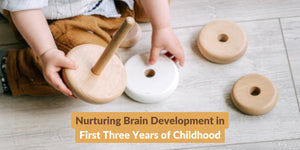



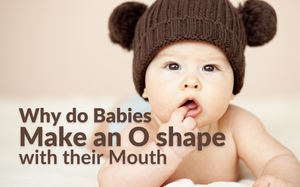

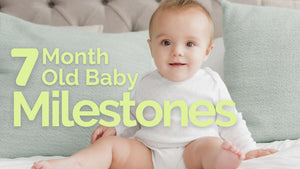
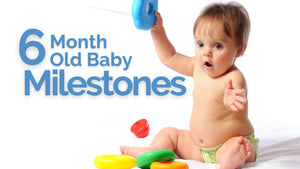

LEAVE A COMMENT